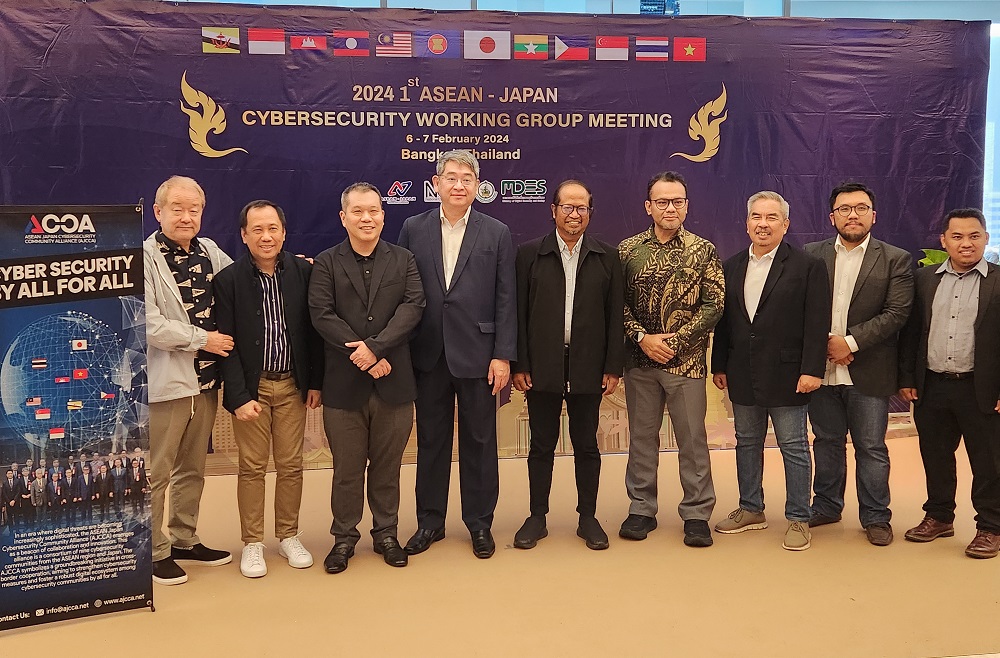Cybersecurity and data protection communities are calling on the Philippine government to expedite the implementation of the National Cybersecurity Plan 2023-2028 to protect Filipino citizens, and the country’s Critical Information Infrastructure (CII) from global and local cyber threats.
“The continuing attacks of Philippine government online sites and information systems are indicators that threat actors are deliberately targeting vital online ecosystems to cause harm to the country’s digital ecosystems,” Lito Averia, president of the Philippine Computer Emergency Response Team (PH-CERT) said.
“These cyberattacks are also targeting CII along with their ecosystems which include private institutions such as banks, healthcare institutions and schools.”
Sam Jacoba, founding president of the National Association of Data Protection Officers of the Philippines (NADPOP) and PH-CERT vice president, said at the heart of the digital ecosystems and CIIs are the personal information of citizens.
“Increasing incidence of phishing and online scams harm Filipinos directly as some of them lose money or their online identities are stolen which can cause more harm. Cybersecurity resilience protects privacy which is the cornerstone of online identity,” he said.
PH-CERT and NADPOP are attending the board meeting of the newly-formed Asean-Japan Cybersecurity Community Alliance (AJCCA) which is a community event alongside the 2024 1st ASEAN-Japan Cybersecurity Working Group meeting, organized and hosted by the government of Thailand.
The Public-Private Cooperation (PPC) meeting between AJCCA and government cybersecurity representatives from Asean and Japan, highlights the importance of proactive collaboration among countries in the region, focusing on the five pillars of the Global Cybersecurity Index (GCI) published by the United Nation’s International Telecommunications Union (ITU).
The five cybersecurity pillars are: legal, technical, organizational, capacity building, and cooperation.
“Based on the recent GCI report, the Philippines need to strengthen the technical, organizational and capacity building pillars, and we continue to extend our support to the Philippine government, industry organizations and other Communities of Practice to drive cybersecurity resilience for the Philippines,” Averia said.
“With the institutionalization of the NCSP, government organizations will need human capital and other resources to protect their respective digital ecosystems. Hopefully, these will be prioritized in the near term as government organizations hold millions of personal data of its citizens, and those residing in the country.”
“The focus areas for the Philippines based on the recent GCI are the technical, organizational and capacity building pillars,” Jacoba said.
“These are the areas that we can prioritize for the Philippines this year, and our communities are ready to assist the key cybersecurity government agencies on this.”




